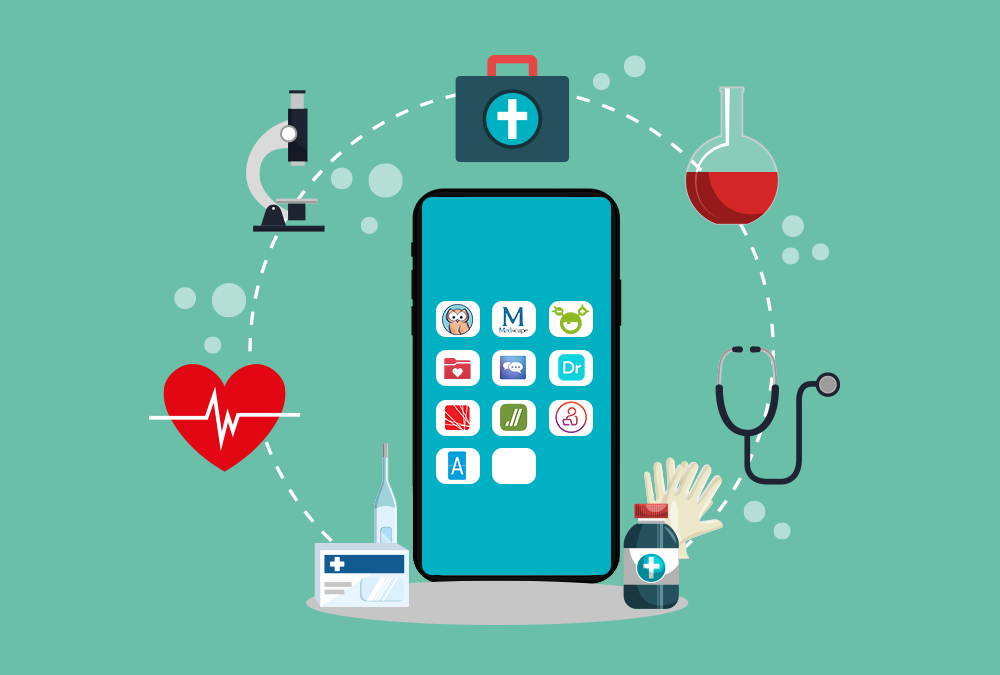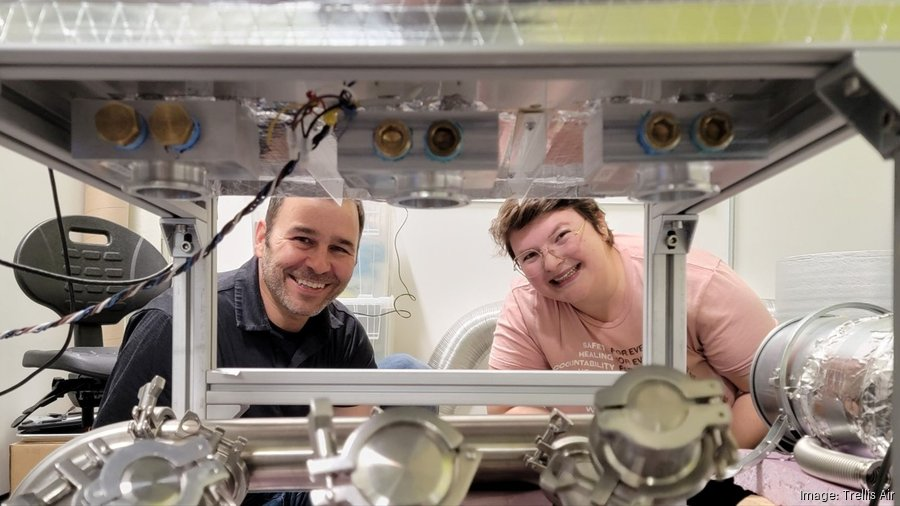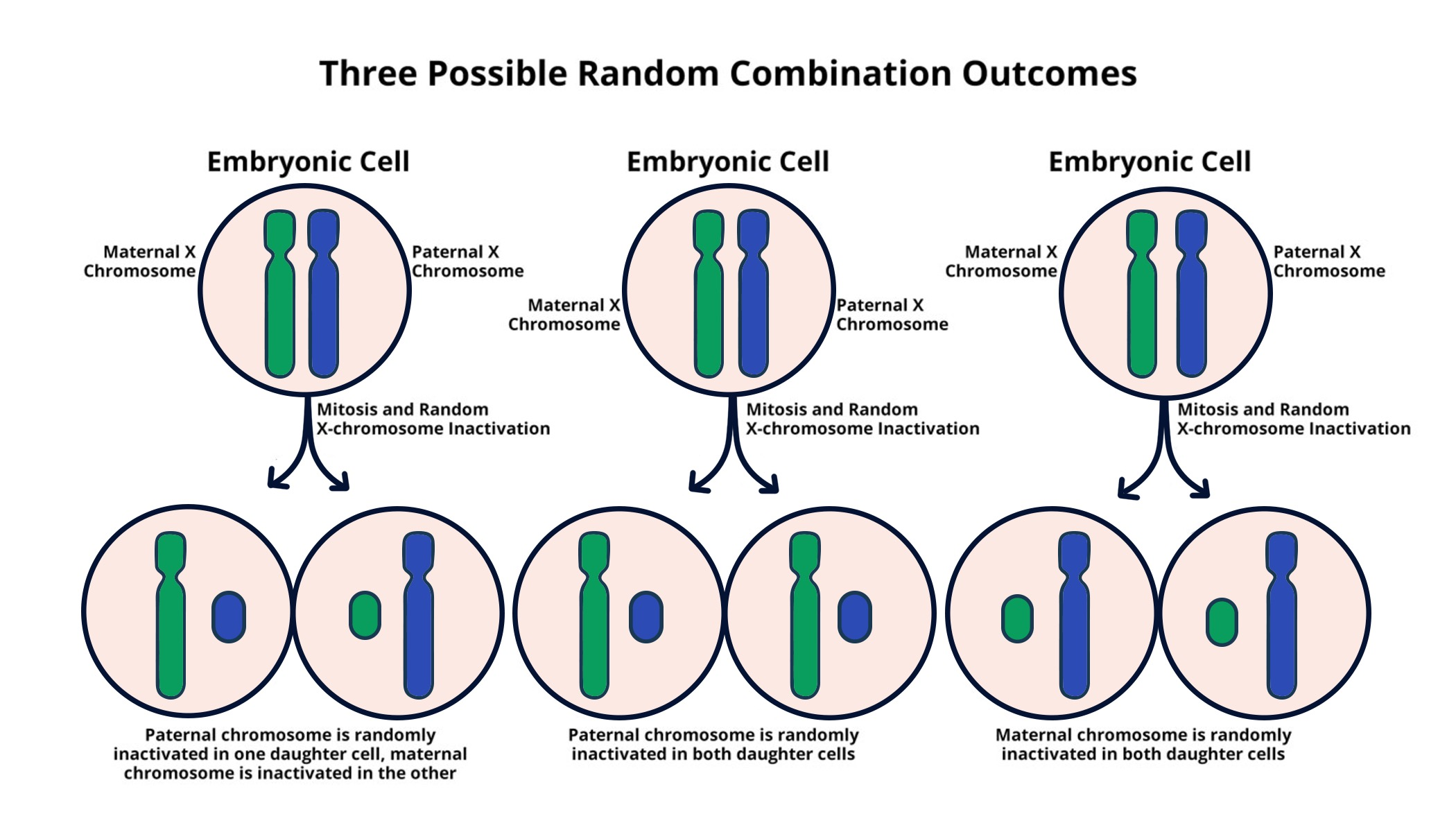In today’s fast-paced world, healthcare apps are revolutionizing how patients manage their well-being, particularly for those facing chronic conditions like cancer. These innovative tools, from personalized health apps to cancer treatment apps, leverage cutting-edge algorithms to provide tailored support that evolves alongside users’ needs. One area of focus is the development of an app for medication adherence, utilizing reinforcement learning healthcare techniques that adapt to individual schedules and preferences. By employing just-in-time adaptive intervention strategies, these applications aim to enhance patient engagement and adherence, ultimately improving health outcomes. As technology continues to advance, the role of healthcare apps in personal health management is poised to increase dramatically, becoming indispensable companions on the path to recovery.
Mobile health technology, often referred to as health management applications or wellness solutions, is gaining momentum as a vital resource for individuals seeking to take charge of their health journeys. These digital platforms offer a range of functionalities tailored to diverse health requirements, from cancer support tools to applications designed for medication compliance. By incorporating intelligent algorithms and user-friendly interfaces, these solutions foster a more dynamic interaction between patients and their healthcare providers. Furthermore, the use of adaptive interventions allows these apps to deliver timely and relevant support, significantly enhancing the client’s experience and outcome. As such, this new wave of health technology not only empowers users but also contributes to a more personalized approach to healthcare.
The Rise of Personalized Health Apps
Personalized health apps have gained significant traction in recent years, transforming how users approach their health and well-being. These applications leverage advanced algorithms and artificial intelligence to tailor recommendations and interventions based on individual user data. For instance, cancer treatment apps are designed to offer specialized support for patients, ensuring they receive reminders and motivation that are relevant to their specific treatment journeys. This level of personalization not only enhances user engagement but also improves adherence to health guidelines, significantly benefiting patients managing chronic conditions.
Furthermore, personalized health apps utilize reinforcement learning, a cutting-edge approach that adapts and refines their recommendations based on user behavior and feedback. This technology allows for a more dynamic interaction model, where prompts and interventions are delivered at the most opportune moments, enhancing the overall effectiveness of the support provided. By continuously learning from the patient’s responses and adapting to their changing circumstances, these applications can play a crucial role in promoting better health outcomes.
Innovative Apps for Cancer Treatment
Innovative applications dedicated to cancer treatment are paving the way for improved patient experiences during often daunting recovery processes. With features that offer real-time guidance and support, these apps are essential tools for managing medication adherence, which is critical for patients undergoing therapies like stem cell transplants. By integrating motivational reminders and educational resources, cancer treatment apps help patients navigate their complex medication regimens while simultaneously mitigating feelings of isolation and uncertainty.
Additionally, the collaboration between researchers, software engineers, and healthcare professionals is vital in ensuring that these apps meet the unique needs of cancer patients. Through pilot programs like the ADAPTS HCT trial, developers are exploring how technology can enhance care coordination between patients and their caregivers. This cooperative approach not only fortifies the support network around the patient but also fosters accountability, increasing the likelihood of successful health outcomes.
Reinforcement Learning in Healthcare Applications
Reinforcement learning has emerged as a groundbreaking technique within healthcare applications, allowing apps to not only provide personalized suggestions but also to adapt based on user interaction. By leveraging historical data regarding patient responses, these algorithms can modify their engagement strategies effectively. For example, a simple medication adherence app may evolve into a tailored virtual coach that learns when its reminders are most effective for the individual user, significantly increasing adherence rates.
This adaptive approach, known as just-in-time adaptive intervention, underpins various health management applications, ranging from smoking cessation programs to those aiding in medication management for chronic illnesses. By recognizing the unique patterns and preferences of users, reinforcement learning enables healthcare apps to deliver timely support precisely when users need it most, enhancing their ability to meet their health goals.
The Role of Just-In-Time Adaptive Interventions
Just-in-time adaptive interventions (JITAI) represent a revolutionary shift in the paradigm of health support apps. Rather than relying on a static set of instructions, these interventions respond dynamically to the user’s current context and needs, ensuring that the guidance provided is relevant and actionable. This individualized approach is particularly beneficial for patients recovering from serious health conditions, such as those receiving cancer treatment, as it fosters a continuous connection between the patient and their management tools.
By implementing JITAI, healthcare apps can send motivational prompts, reminders, or educational content tailored to the users’ immediate circumstances. This method promotes timely intervention during critical moments, enhancing patients’ chances of successfully adhering to their treatment regimens. As a result, users may experience improved health outcomes and a more engaging interaction with their health management strategies.
Enhancing Medication Adherence Through Technology
Technology plays a pivotal role in enhancing medication adherence, particularly through specialized applications designed to support patients managing complex treatment plans. An app for medication adherence can send reminders and motivational messages specifically timed to when users tend to struggle the most with their regimens. This strategic approach not only aids in ensuring that medications are taken as prescribed but also actively addresses the psychological barriers that patients often face.
Moreover, by employing reinforcement learning algorithms, these adherence apps can evolve based on the individual Pat’s usage patterns and preferences. For instance, if a user responds better to certain types of reminders—perhaps through gamification or health coaching— the app can modify its approach accordingly. This level of customization is vital in creating a supportive environment where patients feel empowered and informed about their treatment journeys.
Challenges in Real-World Implementation of Health Apps
Despite the potential benefits of healthcare apps, there are significant challenges in real-world implementation. Issues such as user data management, software errors, and adherence to privacy regulations can hinder the effectiveness of these applications. Researchers like Susan Murphy emphasize the importance of continuous enhancement of algorithms to account for real-life conditions, where unexpected variables often complicate data collection and analysis.
Additionally, patients’ differing levels of tech-savviness may affect their ability to utilize these apps effectively. Therefore, healthcare technology must not only focus on the sophistication of algorithms but also on user experience—ensuring that the apps are intuitive and accessible to a diverse audience. Only then can these innovative solutions truly fulfill their promise in supporting users in achieving better health outcomes.
The Future of Healthcare Apps: A Vision of Personalized Support
The future of healthcare apps is poised to be heavily focused on personalized support systems that offer tailored guidance based on individual needs and circumstances. As algorithms become increasingly sophisticated through advancements in artificial intelligence and machine learning, these applications will provide enhanced care that evolves as patients’ health journeys unfold. By harnessing data from various sources, including wearable devices, personalized health apps can aggregate and analyze information to deliver holistic insights.
This vision entails the development of applications that are not only responsive but also proactive in addressing potential health challenges. Future healthcare apps will likely incorporate more social networking features to foster community and support among users. By encouraging peer interactions and shared experiences, these platforms will provide users with a sense of belonging and empowerment, contributing significantly to their health management journey.
Learning from Cannabis Use: Applications for Young Adults
The evolving landscape of healthcare apps also includes innovative solutions for addressing substance use, such as those aimed at young adults struggling with cannabis consumption. Programs that employ reinforcement learning algorithms can seamlessly adapt to the user’s journey, providing personalized interventions over time to help reduce usage. By addressing the unique challenges faced by this demographic, these applications hold the potential to facilitate healthier lifestyles through informed decision-making.
The synergy between technology and behavioral science is crucial in this context. By collaborating with mental health professionals and behavioral scientists, developers can create highly effective interfaces that resonate with young adult users. This research-driven approach ensures that the interventions delivered through cannabis use apps are not only relevant but also engaging, ultimately enabling users to make healthier choices.
Developing Effective Feedback Mechanisms
Establishing effective feedback mechanisms is essential in enhancing user engagement with healthcare apps. By incorporating features that allow patients to provide input on their experiences, developers can gain valuable insights into the effectiveness of the interventions being offered. These comments can inform ongoing refinements to the algorithms and support features, ensuring that the app continues to meet the evolving needs of its users.
In addition, real-time feedback tools can help users track their progress and celebrate milestones, fostering a sense of achievement and motivation. Reinforcement learning can optimize these feedback loops by adjusting the app’s responses to align with users’ goals, thereby encouraging continued usage and commitment to their health management strategies.
Frequently Asked Questions
What are healthcare apps and how do they benefit patients?
Healthcare apps, including personalized health apps, are designed to assist patients with managing their health conditions through tailored support and information. They offer users tools to monitor their health, manage medications, track symptoms, and receive reminders for appointments. These apps leverage technology to facilitate better adherence to treatment plans and enhance the communication between patients and healthcare providers.
How do personalized health apps improve medication adherence?
Personalized health apps employ algorithms and reinforcement learning healthcare techniques to customize reminders and motivational prompts based on individual user behavior. This just-in-time adaptive intervention ensures that the notifications are timely and relevant, increasing the likelihood that patients will adhere to their medication regimens and improving treatment outcomes.
What features are common in cancer treatment apps?
Cancer treatment apps often include features such as medication tracking, appointment scheduling, educational resources, and support communities. They may also utilize algorithms to provide customized advice and reminders for medication adherence or symptom management, which is crucial for cancer patients undergoing treatment and recovery.
Can a healthcare app be used for just-in-time adaptive intervention?
Yes, many healthcare apps are designed for just-in-time adaptive intervention, a method that provides support based on real-time user needs and context. This approach ensures that patients receive timely information and motivation exactly when they need it, enhancing their ability to cope with health challenges and adhere to treatment plans.
What role does reinforcement learning play in healthcare apps?
Reinforcement learning in healthcare apps allows the software to learn and adapt based on user interactions. By analyzing past behavior, these apps can optimize their recommendations and reminders, making them more effective at helping users stick to their healthcare goals, such as medication adherence or managing chronic conditions.
Are there apps specifically designed for medication adherence?
Yes, there are several apps specifically designed as app for medication adherence. These apps can help users track their medication schedules, send reminders for doses, and offer educational content about their medications, significantly assisting in improving adherence rates among patients.
How do cancer patients benefit from using specialized healthcare apps?
Specialized healthcare apps for cancer patients provide critical personalized care, including tailored reminders for medication, nutrition tracking, and access to mental health resources. By facilitating better communication with healthcare teams and offering emotional support through community features, these apps can improve overall patient outcomes and quality of life.
| Key Points | Details |
|---|---|
| Challenge of Medication Adherence | Over 70% of cancer patients do not adhere to their medication due to complex recovery processes. |
| Role of Susan Murphy | A statistician focusing on helping patients through mobile applications rather than traditional medicine. |
| Reinforcement Learning Algorithms | These provide just-in-time adaptive interventions, personalizing healthcare support based on user needs. |
| ADAPTS HCT App | A collaborative project aimed at supporting stem-cell transplant patients with personalized reminders and social games. |
| MiWaves Program | Helps young adults reduce cannabis use by continuously adapting to user interactions. |
| Oralytics Project | This app encourages adherence to tooth-brushing regimens through data-driven push notifications. |
| Future Vision | Murphy’s lab aims to create practical digital supports, acting as personal healthcare coaches. |
Summary
Healthcare apps are revolutionizing patient care by providing personalized supportive interventions that adapt to users’ unique needs and circumstances. These advanced applications, developed using reinforcement learning algorithms, show great promise in improving medication adherence among patients, particularly those undergoing challenging treatments like stem cell transplants. By focusing on real-time customization and integration into daily life, healthcare apps not only assist patients but also enhance the support network involving caregivers, ultimately aiming to empower individuals in their health journeys.






